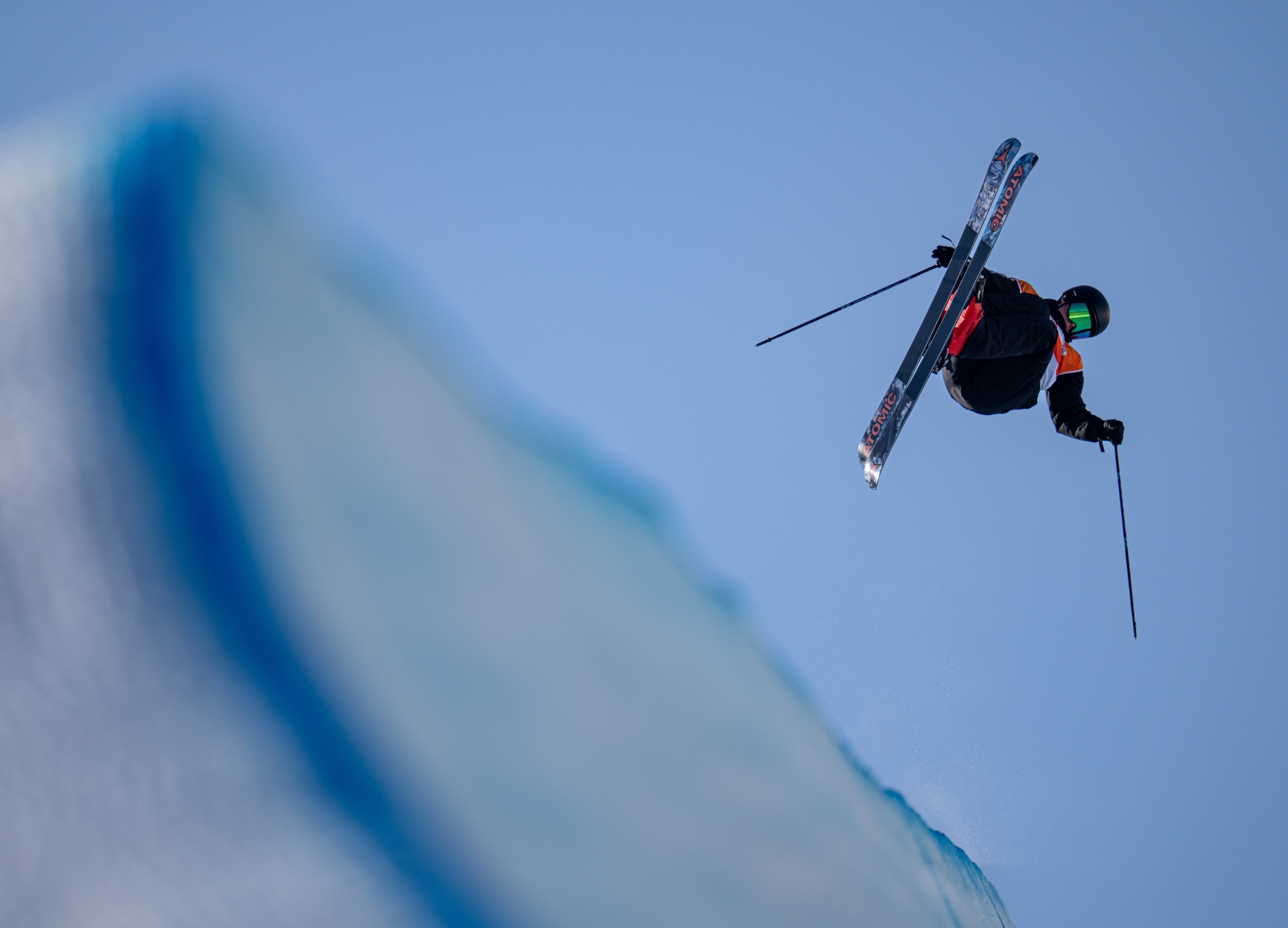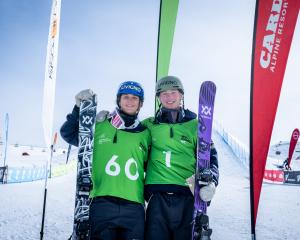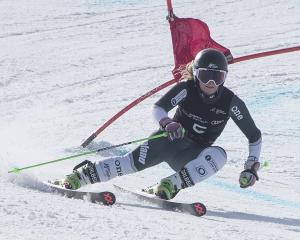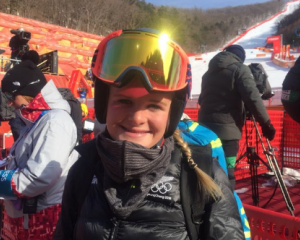
The 11th edition of the Winter Games New Zealand promises to be one of the more exciting according to the man charged with delivering the event.
Marty Toomey has been at the helm since 2018 and none of his enthusiasm has waned despite it being a taxing job organising the event.
The Games are always hostage to the weather and that can create some uncertainty.
Finding the funding is another hurdle which takes a lot of effort to clear.
But there is always the reward of standing at the bottom of the halfpipe and watching remarkable athletes make the extraordinary look ordinary.
"Honestly, I love it a lot," Toomey said.
"You watch them do tricks and hope they’re landing safely. And they wind their way down from top to bottom and you just have a big sigh of relief when they cross that finish line. But it’s spectacular."
Getting to that point takes a lot of work.
There will be about 550 athletes from 35 countries who compete during the next two weeks and change. The event has a budget of $2.5 million and the staff list swells to more than 100.
That investment produces a decent return, though.
Toomey said that there was "at least $6m in direct investment by the athletes and officials".
"But if you look at when they land to when they leave, I think you’d be looking at $10m-plus."
It is a decent boost for the local economy.
That said, financing the event remains a challenge.
"It’s a challenging financial market at the moment. It’s expensive to run an event of this size and scale, so that’s been hard right up until basically when we kicked off.
"We’ve been still trying to find the money to make sure everything works right."
There are other benefits which are hard to quantify .
"We have world-class facilities in Queenstown and Wanaka. And so for them to be able to be showcased ... is big."
The weather is always a big potential curve ball.
There has been snow — well, at least "enough to do the things we need to do", Toomey said.
"Some good fine weather for the next two weeks, and then we’ll be sweet as.
"It doesn’t look great in some places, but, you know, it’ll be what it is."
Some reserve days have been scheduled to help get through the programme.
But on the good days the spectators would get an opportunity to see the "best of the best", Toomey said.
"In the two World Cups we’re running — the snowboard slope style and the freeski halfpipe — we’ve got massive numbers of the athletes that all won the Olympic medals in Beijing in 2022."
The stars will be out. The likes of Zoi Sadowski-Synnott and Nico Porteous are household names in New Zealand following their Olympic success.
But top internationals such as Eileen Gu, who won three Olympic medals at the Beijing Games, and Su Yiming, who bagged gold in big air and silver in slopestyle, will boost the field as well.
New Zealand’s Alice Robinson is expected to do well in the giant slalom.
"She knows that hill back to front," Toomey said.

Athletes to watch
Four athletes you do not want to miss
China’s Su Yiming has X-factor. The 20-year-old was the only athlete to land a 1800-degree aerial in the men’s slopestyle at the 2022 Winter Games in Beijing. He collected a silver for his trouble. Some felt he was robbed of gold by the judges. He got a gold medal a week later in the big air competition, though.
Lake Hawea’s Luke Harrold and Wānaka's Fin Melville-Ives are following in the ski tracks of Nico Porteous. The pair won gold and silver in the men’s freeski halfpipe at the 2024 Winter Youth Olympics Games in Gangwon. It will be really interesting to see them compete against the best of the best.
If going down the slopes fast is your thing then make sure you see Alice Robinson in the giant slalom. The 22-year-old from Queenstown is on her home snow and she shapes as one of the favourites.











